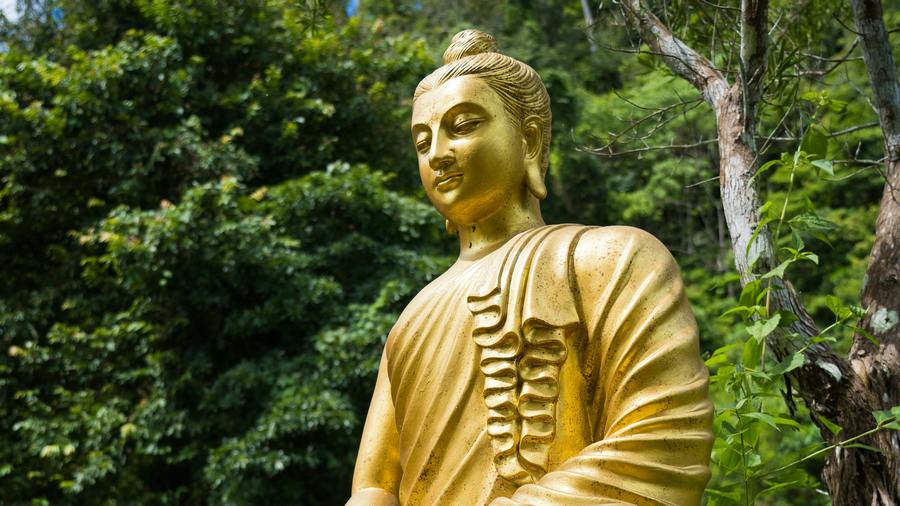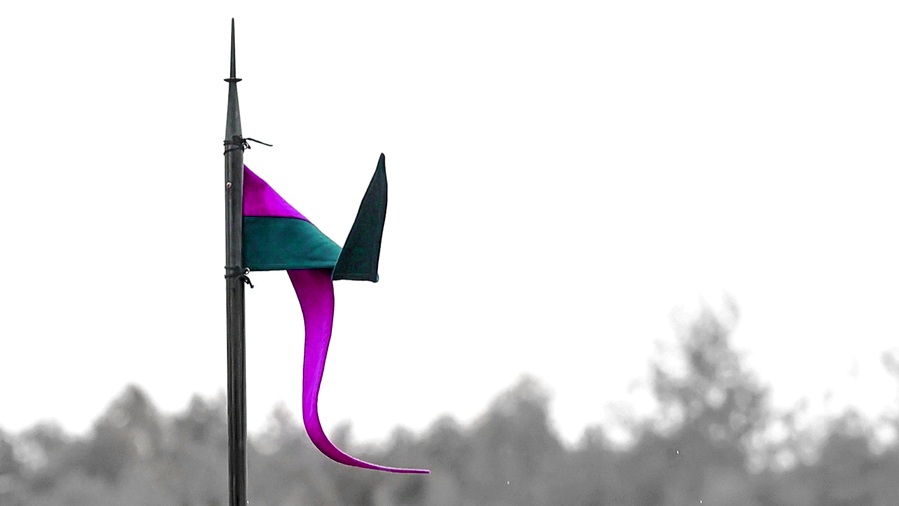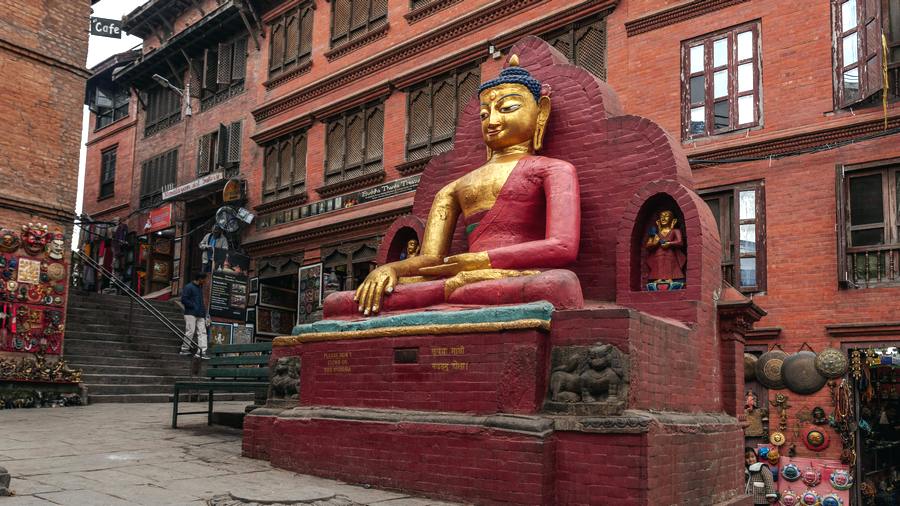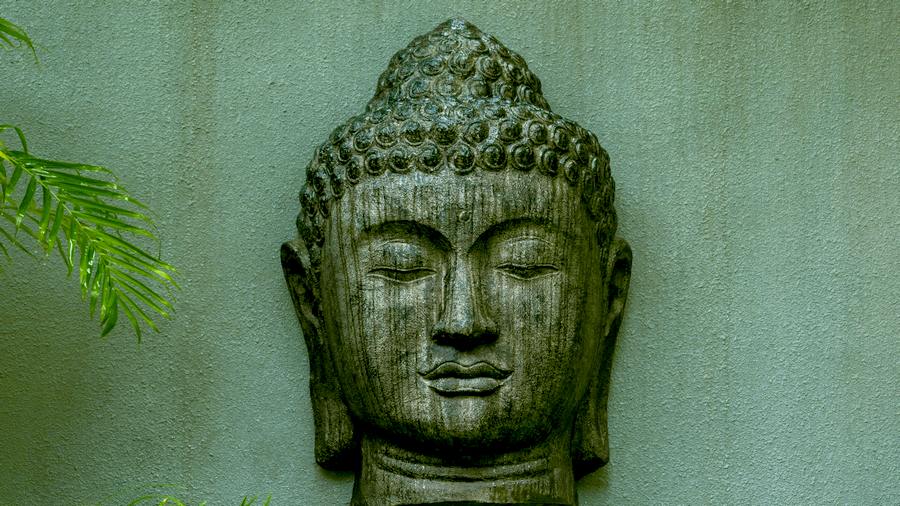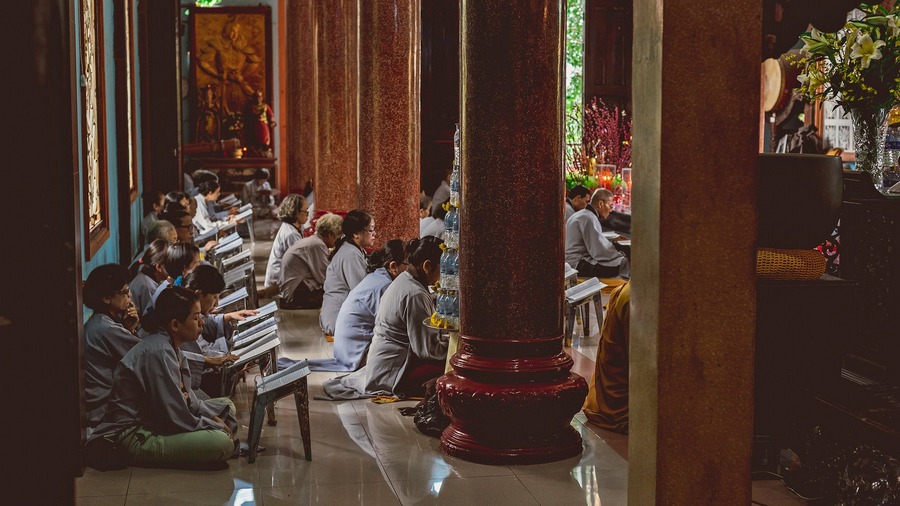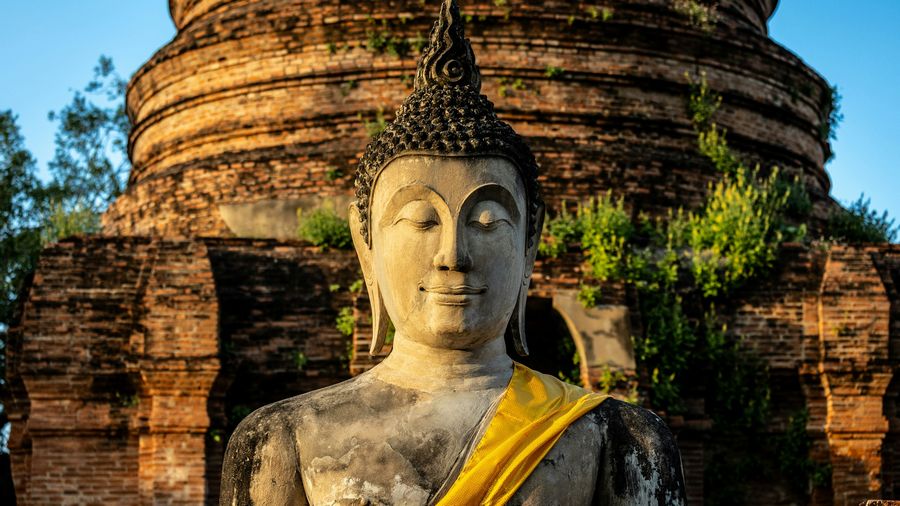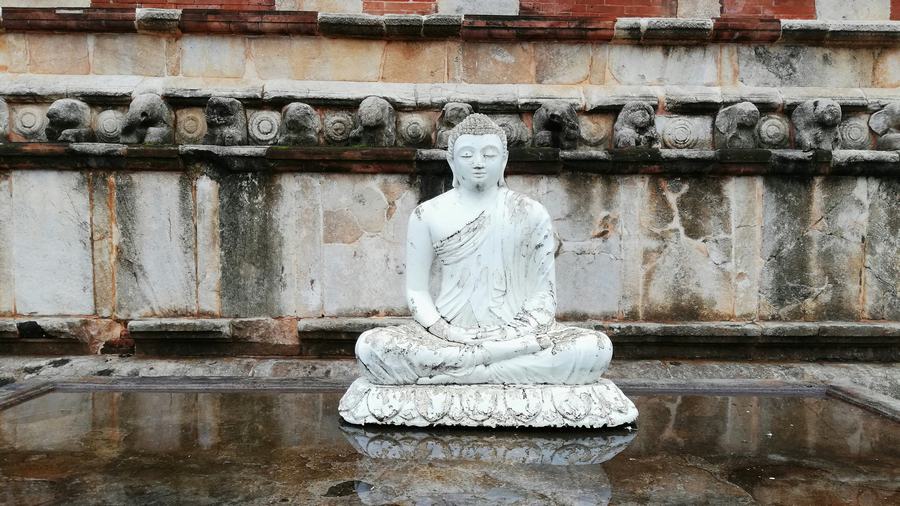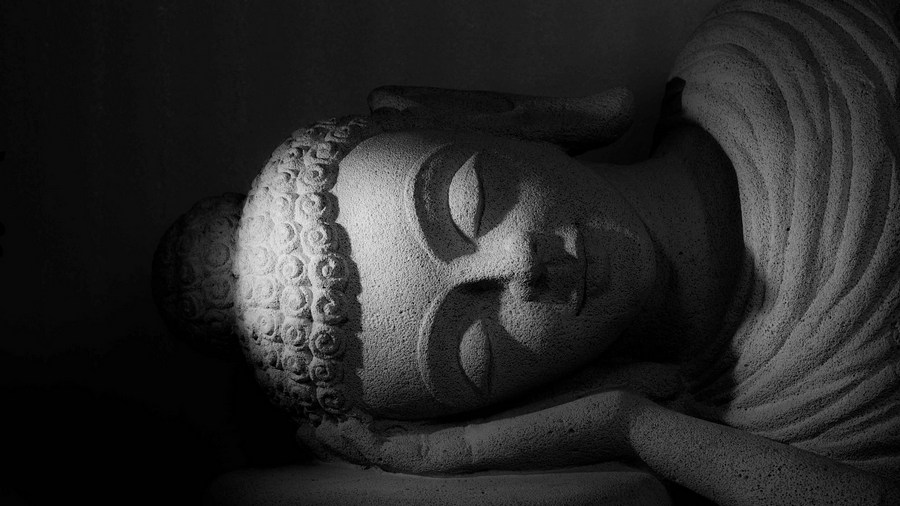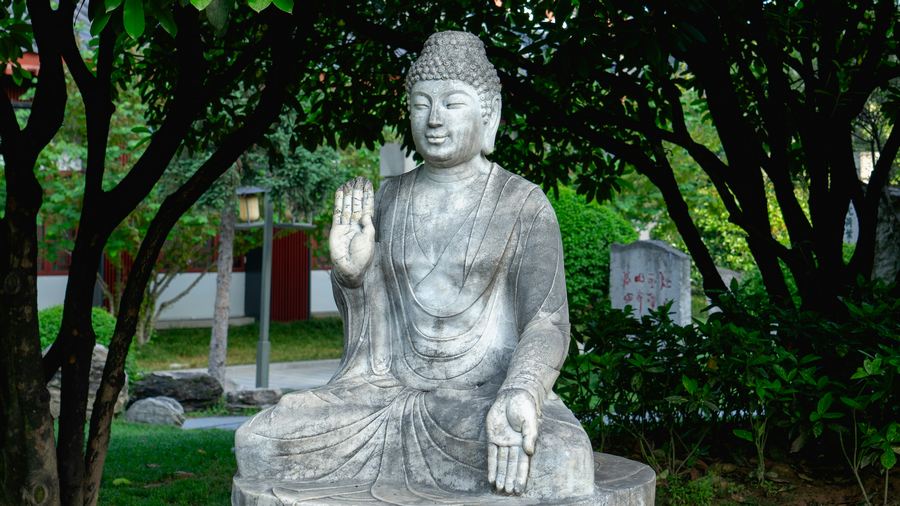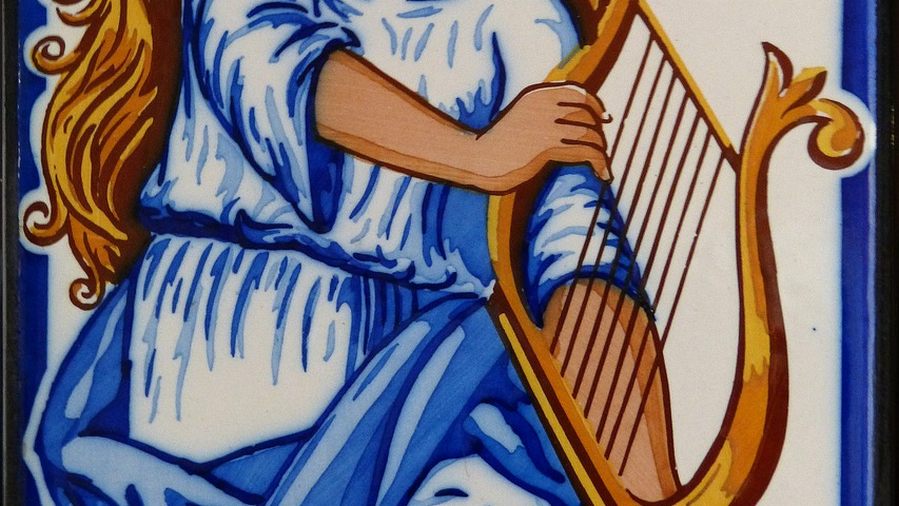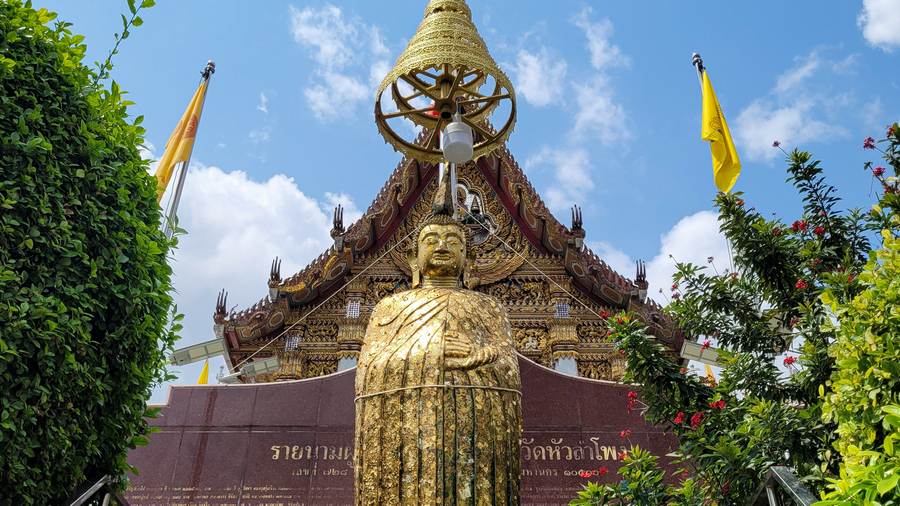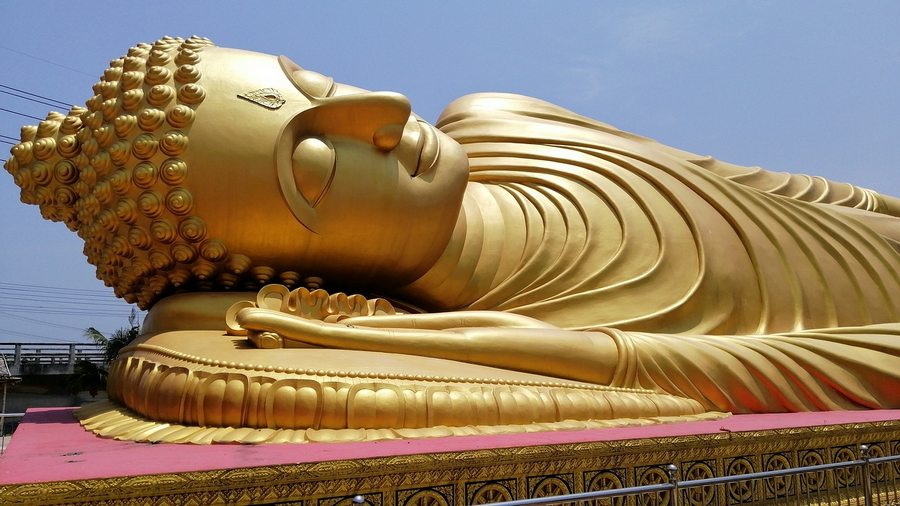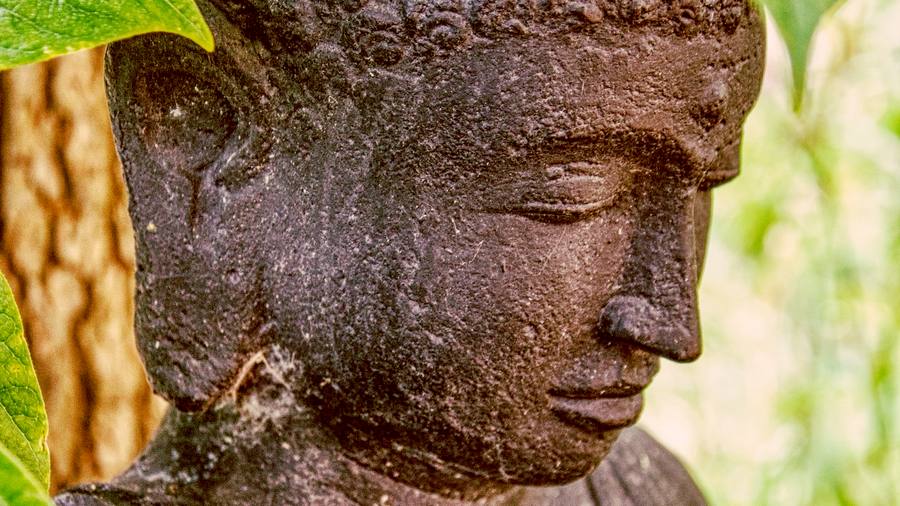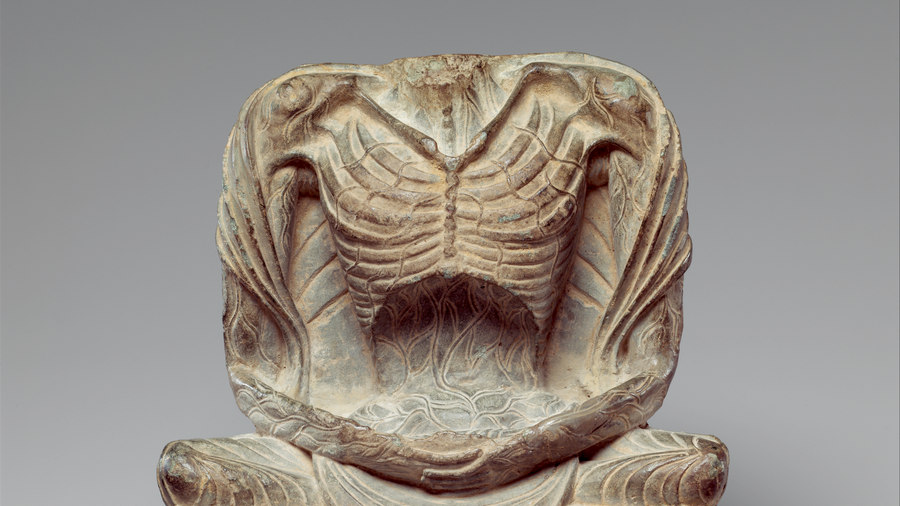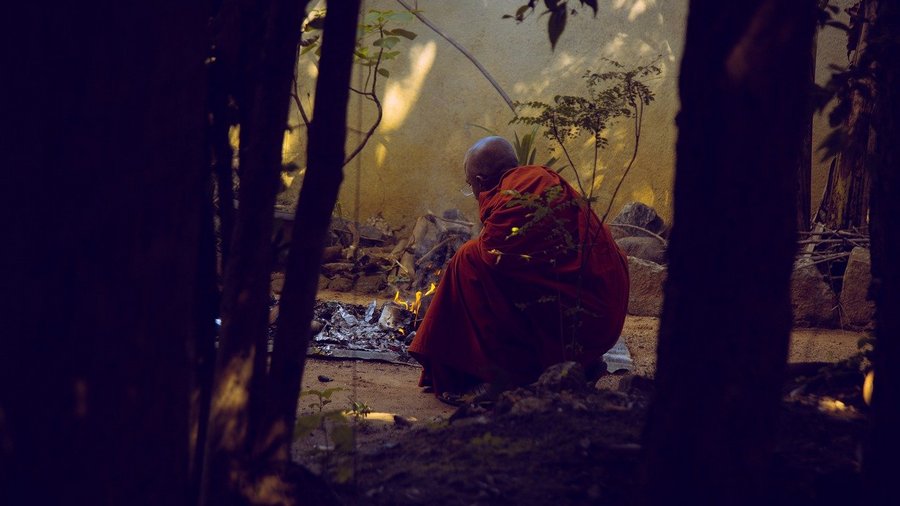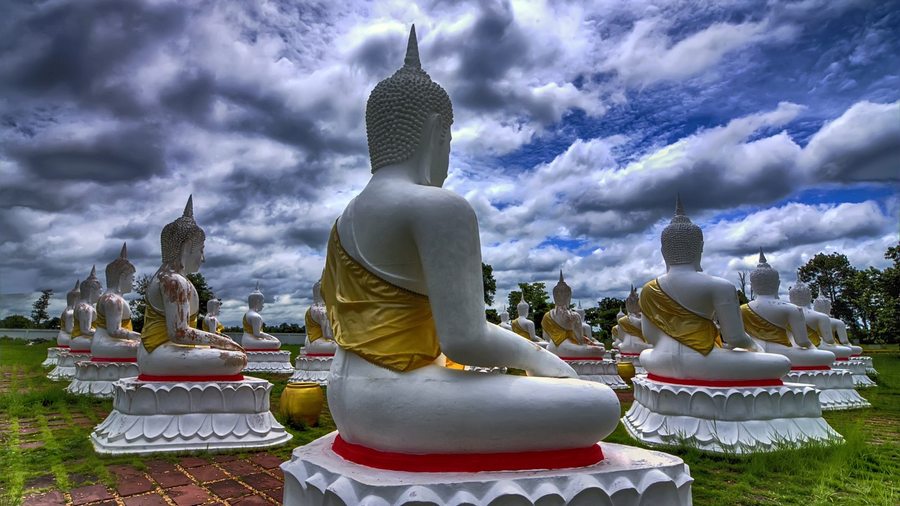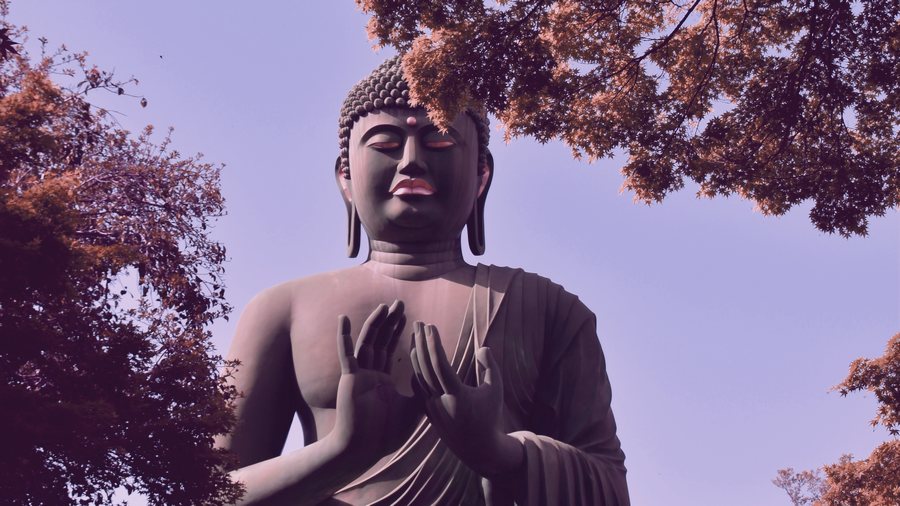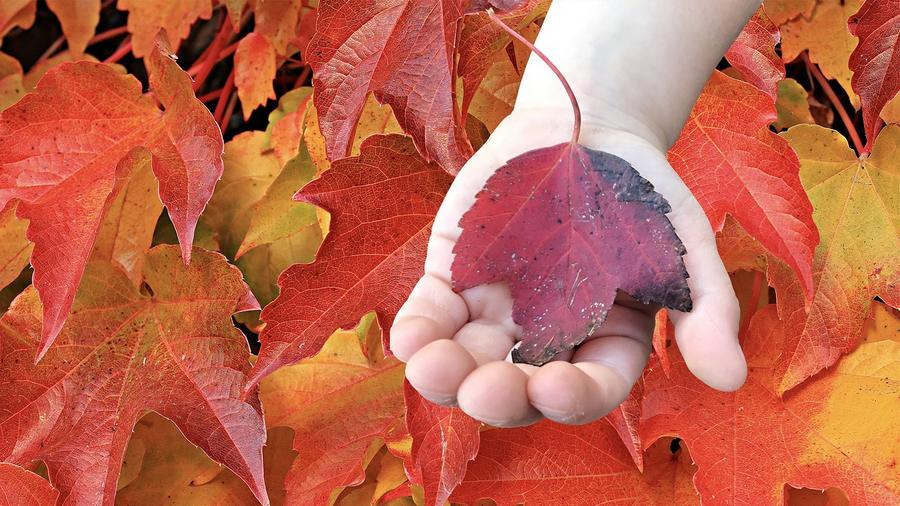I have heard that on one occasion the Blessed One was staying near Sāvatthī at Jeta’s Grove, Anāthapiṇḍika’s monastery. Now at that time the Blessed One was worshipped, revered, honored, venerated, and given homage–a recipient of robes, alms food, lodgings, & medicinal requisites for the sick. The community of monks was also worshipped, revered, honored, venerated, and given homage–a recipient of robes, alms food, lodgings, & medicinal requisites for the sick. But the wanderers of other sects were not worshipped, revered, honored, venerated, or given homage; nor were they recipients of robes, alms food, lodgings, or medicinal requisites for the sick.
So the wanderers of other sects–unable to stand the veneration given to the Blessed One and the community of monks–went to Sundarī the female wanderer and, on arrival, said to her, “Sundarī, would you dare to do something for the benefit of your kinsmen?”
“What shall I do, masters? What can I not do? I have given up even my life for the benefit of my kinsmen!”
“In that case, sister, go often to Jeta’s Grove.”
Responding, “As you say, masters,” to those wanderers of other sects, Sundarī the female wanderer went often to Jeta’s Grove. When the wanderers of other sects knew that many people had seen Sundarī the female wanderer going often to Jeta’s Grove, then–having murdered her and buried her right there in the moat-ditch surrounding Jeta’s Grove–they went to King Pasenadi Kosala and, on arrival, said to him, “Great king, we can’t find Sundarī the female wanderer.”
“But where do you suspect she is?”
“At Jeta’s Grove, great king.”
“Then in that case, search Jeta’s Grove.”
Then those wanderers of other sects, having searched Jeta’s Grove, having dug up what they had buried in the surrounding moat-ditch, having mounted it on a litter, took it into Sāvatthī and went from street to street, crossroad to crossroad, stirring up people’s indignation: “See, masters, the handiwork of the Sakyan-son contemplatives. They’re shameless, these Sakyan-son contemplatives: unvirtuous, evil-natured, liars, unholy, though they claim to be practicing the Dhamma, practicing what is harmonious, practicing the holy life, speakers of the truth, virtuous, fine-natured. They have no quality of a contemplative, no holy quality. Destroyed is their quality of a contemplative! Destroyed is their holy quality! From where is their quality of a contemplative? From where, their holy quality? Gone are they from any quality of a contemplative! Gone from any holy quality! How can a man, having done a man’s business with a woman, take her life?”
So on that occasion, people seeing monks in Sāvatthī would insult, revile, irritate, & harass them with discourteous, abusive language: “They’re shameless, these Sakyan-son contemplatives: unvirtuous, evil-natured, liars, unholy, though they claim to be practicing the Dhamma, practicing what is harmonious, practicing the holy life, speakers of the truth, virtuous, fine-natured. They have no quality of a contemplative, no holy quality. Destroyed is their quality of a contemplative! Destroyed is their holy quality! From where is their quality of a contemplative? From where, their holy quality? Gone are they from any quality of a contemplative! Gone from any holy quality! How can a man, having done a man’s business with a woman, take her life?”
Then, early in the morning, a large number of monks adjusted their under robes and–carrying their bowls & robes–went into Sāvatthī for alms. Then, having gone for alms in Sāvatthī, after the meal, returning from their alms round, they went to the Blessed One and, on arrival, having bowed down to him, sat to one side. As they were sitting there they said to the Blessed One, “At present, lord, people seeing monks in Sāvatthī insult, revile, irritate, & harass them with discourteous, abusive language: ‘They’re shameless, these Sakyan-son contemplatives: unvirtuous, evil-natured, liars, unholy…. How can a man, having done a man’s business with a woman, take her life?’”
“Monks, this noise will not last long. It will last only seven days. With the passing of seven days, it will disappear. So in that case, when those people, on seeing monks, insult, revile, irritate, & harass them with discourteous, abusive language, counter their accusation with this verse:
“He goes to hell,
the one who asserts
what didn’t take place,
as does the one
who, having done,
says, ‘I didn’t.’
Both–low-acting people–
there become equal:
after death, in the world beyond.”
So, having learned this verse in the Blessed One’s presence, the monks–whenever people, on seeing monks in Sāvatthī, insulted, reviled, irritated, & harassed them with discourteous, abusive language–countered the accusation with this verse:
“He goes to hell,
the one who asserts
what didn’t take place,
as does the one
who, having done,
says, ‘I didn’t.’
Both–low-acting people–
there become equal:
after death, in the world beyond.”
The thought occurred to those people, “They’re innocent, these Sakyan-son contemplatives. It wasn’t done by them. They’re taking an oath, these Sakyan-son contemplatives.” And so that noise didn’t last long. It lasted only seven days. With the passing of seven days, it disappeared.
Then a large number of monks went to the Blessed One and, on arrival, having bowed down to him, sat to one side. As they were sitting there, they said to him, “It’s amazing, lord. It’s astounding–how well-said that was by the Blessed One: ‘Monks, this noise will not last long. It will last only seven days. With the passing of seven days, it will disappear.’ Lord, that noise has disappeared.”
Then, on realizing the significance of that, the Blessed One on that occasion exclaimed:
They stab with their words
–people unrestrained–
as they do, with arrows,
a tusker gone into battle.
Hearing abusive words spoken,
one should endure them:
a monk with unbothered mind.
Read this translation of Udāna 4.8 Sundarī Sutta. Sundarī by Bhikkhu Ṭhanissaro on DhammaTalks.org. Or read a different translation on SuttaCentral.net, SuttaFriends.org, or Ancient-Buddhist-Texts.net. Or listen on SC-Voice.net. Or explore the Pali on DigitalPaliReader.online.
Or read a translation in Deutsch, Srpski, Español, Bahasa Indonesia, Italiano, 日本語, မြန်မာဘာသာ, Nederlands, Norsk, Português, Русский, or සිංහල. Learn how to find your language.


